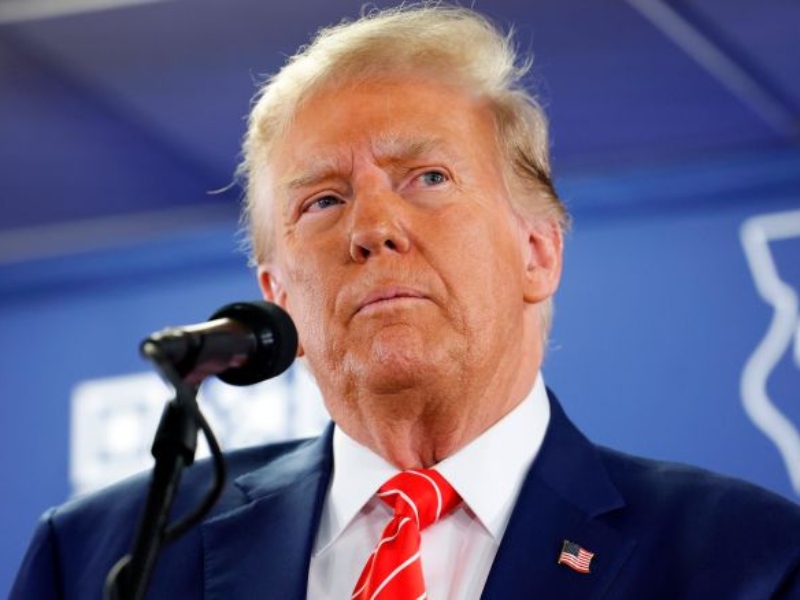In a groundbreaking legal development, prosecutors are poised to present a criminal case against a former American president to a jury on Monday.
The trial will mark the first time in history that such proceedings will take place, as Donald Trump faces criminal accusations related to a hush money scheme aimed at silencing damaging stories about his personal life.
The trial, unfolding in Manhattan, will commence with opening statements from both prosecution and defense attorneys.
It promises to offer a vivid portrayal of the allegations surrounding Trump’s involvement in the scheme, shedding light on his expected defense strategy.
Central to the trial will be a colorful array of characters set to testify, including a porn actor alleging a sexual encounter with Trump and the lawyer allegedly involved in orchestrating the hush money payments.
Trump faces a total of 34 felony counts of falsifying business records, with potential consequences of up to four years in prison if convicted.
Notably, a conviction would not bar him from seeking presidential office again, although any state conviction would prevent him from pardoning himself if found guilty.
Throughout the proceedings, Trump has consistently denied any wrongdoing.
Taking place amidst Trump’s bid to reclaim the White House, the trial will divert his attention from the campaign trail, compelling him to confront potentially damning details about his private life.
Despite the legal jeopardy, Trump has leveraged his defendant status to rally support for his campaign, using his legal predicament as a fundraising tool and criticizing the judicial system he perceives as biased against him.
The trial jury comprises individuals from diverse professional backgrounds, tasked with adjudicating the case impartially.
However, the proceedings also present challenges for Trump, including adherence to court restrictions such as a gag order prohibiting him from attacking witnesses, with potential fines looming for violations.
The case, spearheaded by Manhattan District Attorney Alvin Bragg, revisits a contentious chapter in Trump’s past, wherein his celebrity status intersected with political ambitions, leading to allegations of efforts to suppress damaging revelations through hush money payments.
Key to the prosecution’s case is the contention that Trump concealed the true nature of these payments in internal records, leading to charges of felony falsification of business records.
While Trump’s legal team maintains the payments were legitimate expenses, prosecutors argue they were intended to conceal another crime.
Although the charges against Trump do not involve abuses of power or national security breaches, the trial holds significant implications, potentially serving as the only case to reach trial before the November elections due to delays in other legal proceedings.

